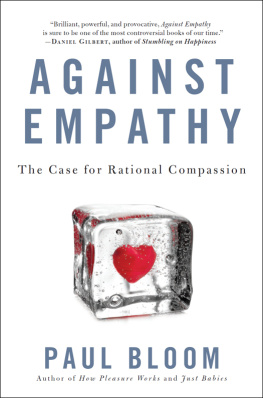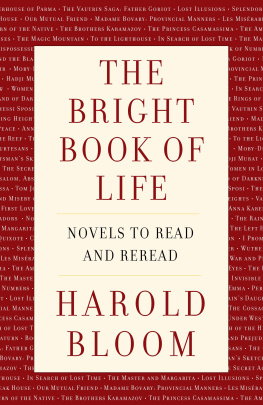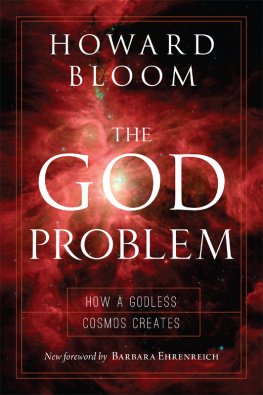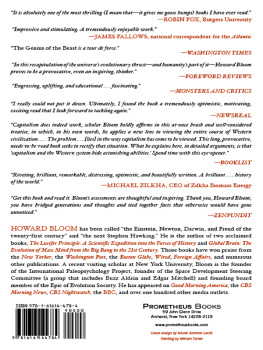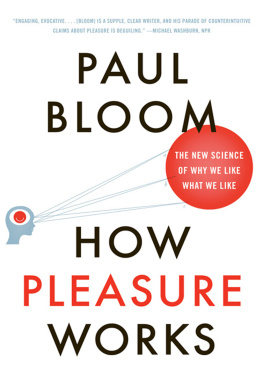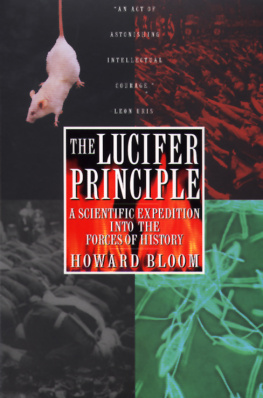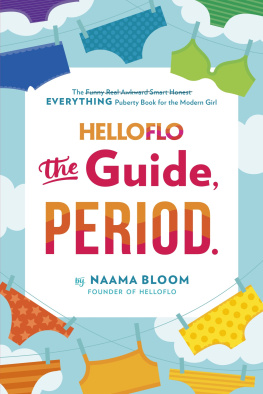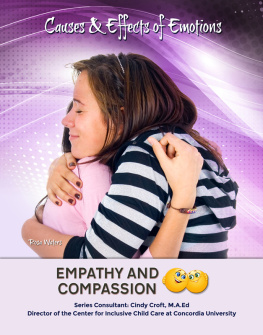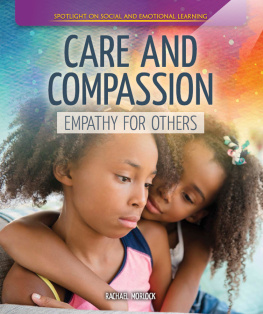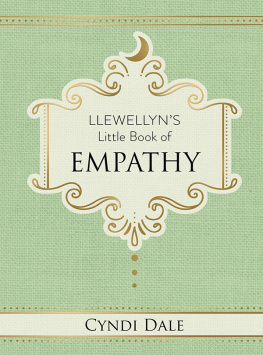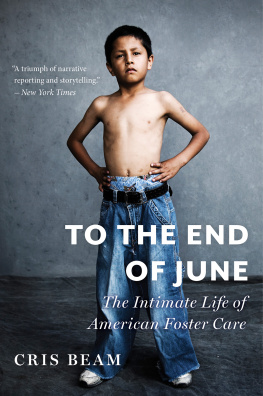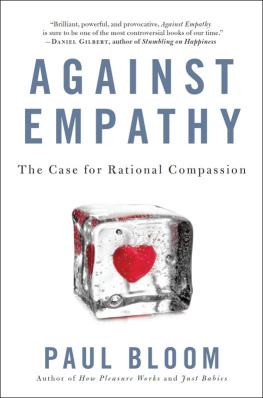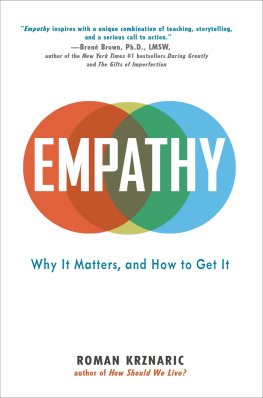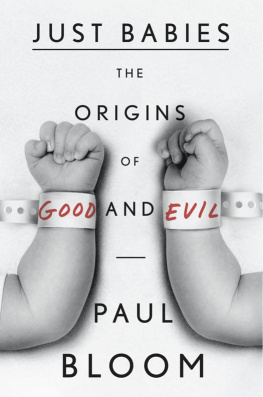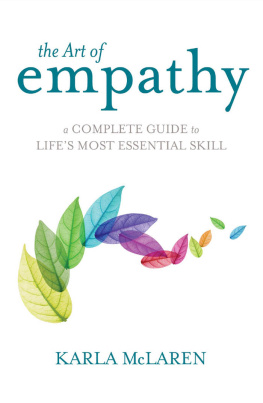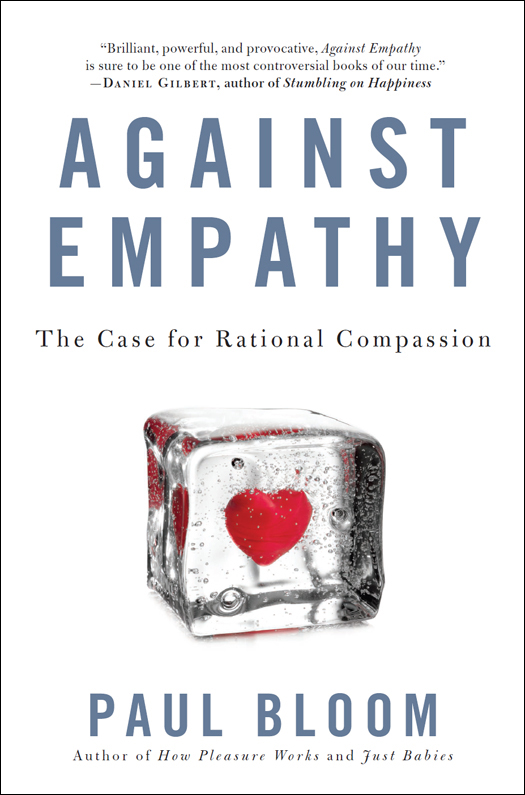... empathy is always perched precariously between gift and invasion.
... human beings are above all reasoning beings...
I was at home one bright morning a few years ago, avoiding work and surfing the Web, when I heard about the massacre in Newtown, Connecticut. The first reports sounded awful but not unusually sosomeone had been shot at a schoolbut gradually the details came in, and soon I learned that Adam Lanza had killed his mother in her bed at about nine in the morning and then gone to Sandy Hook Elementary School and murdered twenty young children and six adults. Then he killed himself.
Theres a lot to be said about what motivated Lanza to do such a horrific thing, but here I am interested in the reactions of the rest of us. My wife wanted to go to our own childrens school and take them home. She resisted the urgeour sons were teenagers, and even if they were in elementary school, she knew that this would make no sense. But I understood the impulse. I watched videos of frantic parents running to the crime scene and imagined what that must feel like. Even thinking about it now, my stomach churns. Later that afternoon I was in a coffeehouse near my office, and a woman at a table next to me was sniffling and hoarse, being consoled by a friend, and I heard enough to learn that although she knew nobody at Sandy Hook, she had a child of the same age as those who were murdered.
There will always be events that shock us, such as the terrorist attacks of 9/11 or those many mass shootings that now seem part of everyday life. But for me and the people around me, the murders at Sandy Hook were different. It was an unusually savage crime; it involved children; and it happened close to where we lived. Just about everyone around me had some personal connection to the families of Newtown. We went to a candlelight vigil at the New Haven Green a few days later; my younger son wept, and for months afterward he wore a bracelet in honor of those who died.
I later watched a press conference in which the president choked up as he spoke about the killings, and while I am cynical about politicians, I didnt think for a moment that it was calculated. I was glad to see him so affected.
Our response to that event, at the time and later on, was powerfully influenced by our empathy, by our capacitymany would see it as a giftto see the world through others eyes, to feel what they feel. It is easy to see why so many people view empathy as a powerful force for goodness and moral change. It is easy to see why so many believe that the only problem with empathy is that too often we dont have enough of it.
I used to believe this as well. But now I dont. Empathy has its merits. It can be a great source of pleasure, involved in art and fiction and sports, and it can be a valuable aspect of intimate relationships. And it can sometimes spark us to do good. But on the whole, its a poor moral guide. It grounds foolish judgments and often motivates indifference and cruelty. It can lead to irrational and unfair political decisions, it can corrode certain important relationships, such as between a doctor and a patient, and make us worse at being friends, parents, husbands, and wives. I am against empathy, and one of the goals of this book is to persuade you to be against empathy too.
This is a radical position, but its not that radical. This isnt one of those weird pro-psychopathy books. The argument against empathy isnt that we should be selfish and immoral. Its the opposite. Its that if we want to be good and caring people, if we want to make the world a better place, then we are better off without empathy.
Or to put it more carefully, we are better off without empathy in a certain sense. Some people use empathy as referring to everything good, as a synonym for morality and kindness and compassion. And many of the pleas that people make for more empathy just express the view that it would be better if we were nicer to one another. I agree with this!
Others think about empathy as the act of understanding other people, getting inside their heads and figuring out what they are thinking. Im not against empathy in that sense either. Social intelligence is like any sort of intelligence and can be used as a tool for moral action. We will see, though, that this sort of cognitive empathy is overrated as a force for good. After all, the ability to accurately read the desires and motivations of others is a hallmark of the successful psychopath and can be used for cruelty and exploitation.
The notion of empathy that Im most interested in is the act of feeling what you believe other people feelexperiencing what they experience. This is how most psychologists and philosophers use the term. But I should stress that nothing rests on the word itself. If youd like to use it in a broader way, to refer to our capacity for caring and love and goodness, or in a narrower way, to refer to the capacity to understand others, well, thats fine. For you, Im not against empathy. You should then think about my arguments as bearing on a psychological process that many peoplebut not youthink of as empathy. Or you can just forget about terminology altogether and think of this book as a discussion of morality and moral psychology, exploring what it takes to be a good person.
The idea Ill explore is that the act of feeling what you think others are feelingwhatever one chooses to call thisis different from being compassionate, from being kind, and most of all, from being good. From a moral standpoint, were better off without it.
Many people see this as an unlikely claim. Empathy in this sense is a capacity that many believe to be vitally important. It is often said that the rich dont make the effort to appreciate what it is like to be poor, and if they did we would have more equality and social justice. When there are shootings of unarmed black men, commentators on the left argue that the police dont have enough empathy for black teenagers, while those on the right argue that the critics of the police dont have enough empathy for what its like to work as a police officer, having to face difficult and stressful and dangerous situations. Its said that whites dont have enough empathy for blacks and that men dont have enough empathy for women. Many commentators would agree with Barack Obama that the clash between Israelis and Palestinians will only end when those on each side learn to stand in each others shoes. In a few chapters, well meet a psychologist who argues that if only the Nazis had had more empathy, the Holocaust would never have happened. There are many who maintain that if doctors and therapists had more empathy, they would be better at their jobs, and if certain politicians had more empathy, they wouldnt be endorsing such rotten policies. Certainly many of us feel that if the people in our lives had more empathy for our situationsif they could really feel what our lives are likethey would treat us a lot better.
I think this is all mistaken. The problems we face as a society and as individuals are rarely due to lack of empathy. Actually, they are often due to too much of it.
This isnt just an attack on empathy. There is a broader agenda here. I want to make a case for the value of conscious, deliberative reasoning in everyday life, arguing that we should strive to use our heads rather than our hearts. We do this a lot already, but we should work on doing more.

